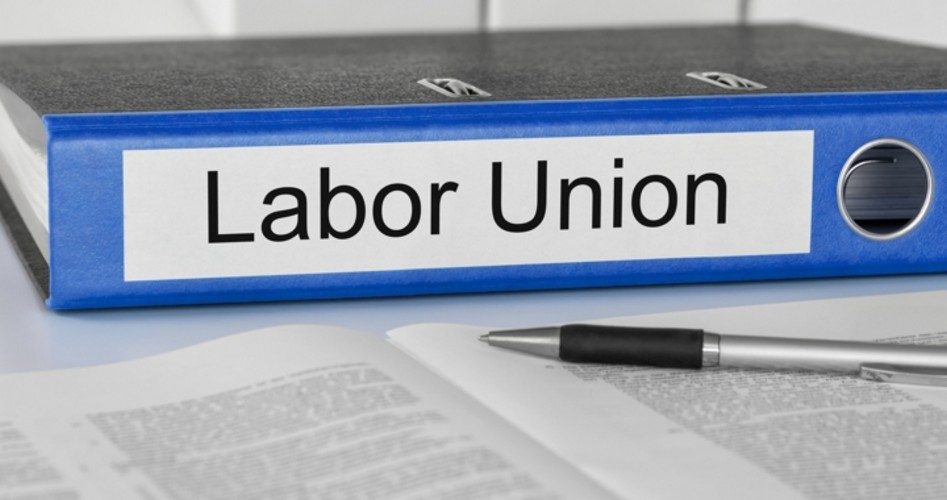
Podcast: Play in new window | Download ()
Subscribe: Android | RSS | More
The National Retail Federation (NRF) is calling the Protecting the Right to Organize (PRO) Act, H.R. 2474, “the worst bill in Congress”. It’s a “compilation of dozens of extreme labor policy proposals from the past several years lumped into one disastrous bill,” according to Lizzy Simmons, NRF’s Vice President.
Not only does the bill have the support of Democrat presidential candidates Bernie Sanders, Elizabeth Warren, Amy Klobuchar, Pete Buttigieg, and Joe Biden, it has 218 cosponsors in the House. This means that the bill, expected to be voted on on Thursday, will easily pass over Republican resistance.
The bill threatens all of the gains the president talked about during his State of the Union message on Tuesday, including wage growth among lower-paid workers and a thriving economy pushing unemployment down to levels not seen in 50 years.
This summary includes the most egregious of the 30 provisions of the bill:
It violates workers’ privacy as it would force employers to provide unions seeking to unionize a company with their workers’ personal information. It negates secret ballots through the “card check” process which would allow unions to organize without an actual vote of the workers.
It allows unions to harass neutral third party companies doing business with the “targeted” company through strikes and boycotts.
It overturns the so-called “franchise” business model by requiring franchisors to become legally liable for workers employed by their franchisees even though they do not hire, fire, pay, supervise, schedule or promote them.
It ends the so-called “gig” economy characterized by such companies as Uber and Lyft. By changing the definition of an “employee” the PRO Act would require that every independent worker would now be considered an employee, removing them from the category of free-lancers working on their own with their own hours.
It invalidates “right-to-work” laws already passed by 27 states, along with overturning the Supreme Court’s decision in Janus v. AFSCME which held that no public sector employee may be compelled to pay union dues.
The worst part of the act is that it is a clear attempt to revive the old “us versus them” mentality, that labor somehow is the enemy of management, and vice versa. As Evan Armstrong, vice president of the Retail Industry Leaders Association, put it, the bill is “framed as pitting workers against employers. Harsh lines are drawn, and elected officials are forced to choose a side or risk being unfairly labeled by their supporters as anti-union or anti-business.… This legislation only perpetuates the old and outdated union mantra that for workers to thrive they must unionize and fight against their employer.”
The bill, although it has no chance of seeing the light of day in the Senate, also delivers a political message. It’s an attempt to bring back union members into the Democrat Party fold, many of whom left the reservation in 2016 to vote for Donald Trump. The bill is targeted at them in the hopes of retaking the Midwestern states, where the president won over rank-and-file union workers even as their union leadership backed Hillary Clinton.
There’s also a sense of desperation, made more acute perhaps by the president’s remarkable SOTU speech: This may be the last time in this generation that unions have a friendly House of Representatives to help them from becoming totally extinct. In 1945, union membership peaked at 35 percent of non-agricultural workers. Today, non-governmental union membership is less than eight percent. Even if the bill isn’t considered by the Senate, at least it provides a talking point for future elections where the political environment might possibly be a little more favorable to such legislation.
Image: Zerbor via iStock / Getty Images Plus
An Ivy League graduate and former investment advisor, Bob is a regular contributor to The New American, writing primarily on economics and politics. He can be reached at [email protected].

